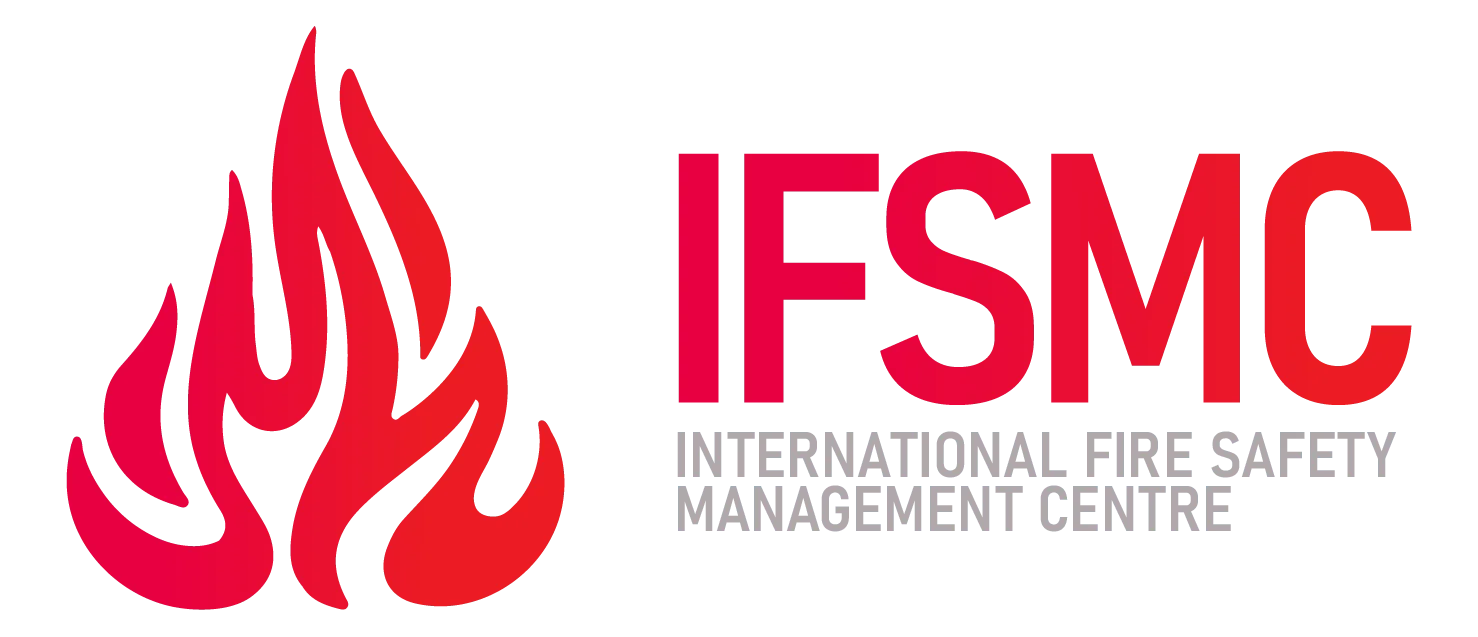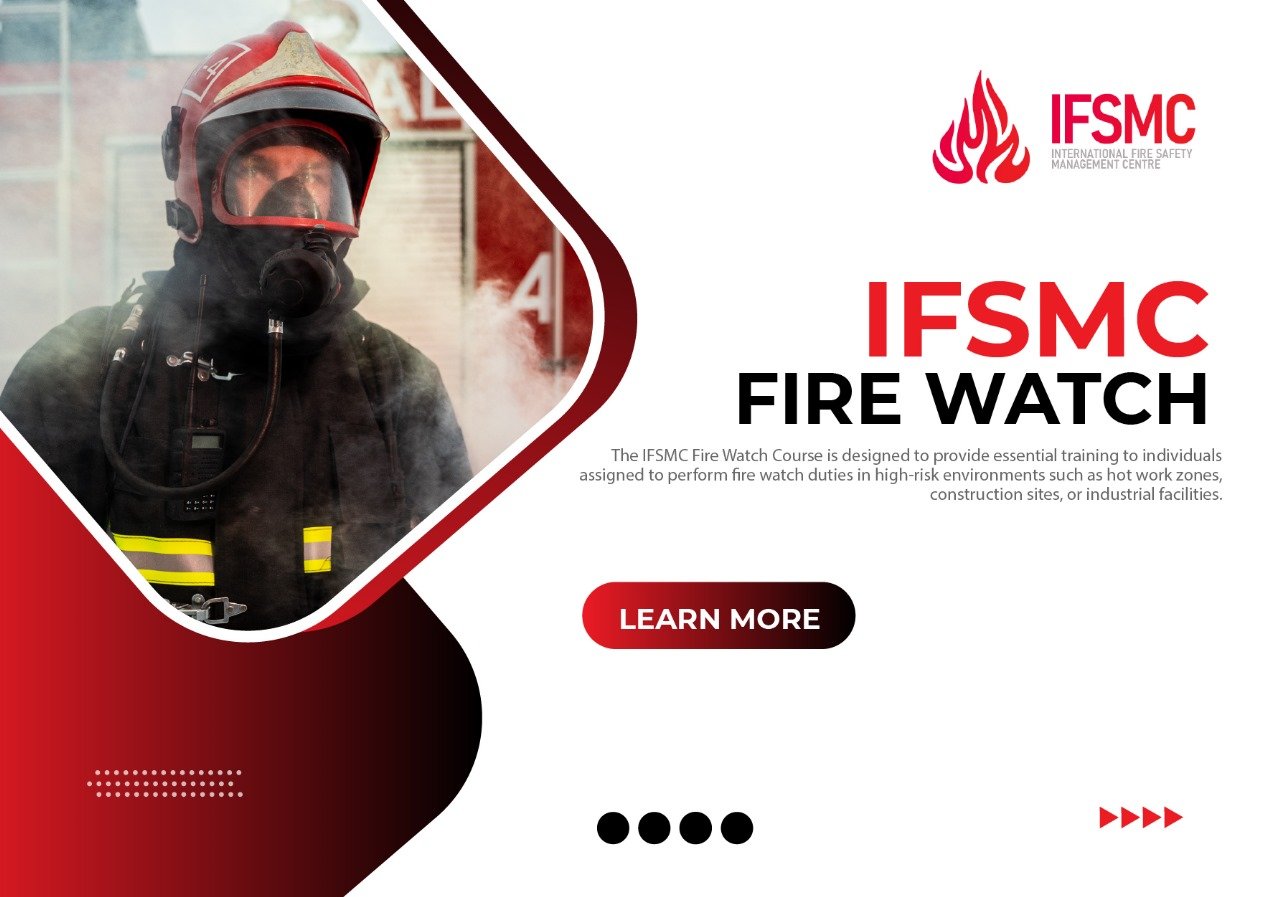Course Overview
The IFSMC Fire Watch Course is designed to provide essential training to individuals assigned to perform fire watch duties in high-risk environments such as hot work zones, construction sites, or industrial facilities.
Participants will gain the knowledge and skills to monitor fire hazards, react quickly during emergencies, and comply with fire watch protocols according to international fire safety standards and regulatory requirements.
Learning Objectives
Upon successful completion of this course, participants will be able to:
- Understand the responsibilities and limitations of the Fire Watch role.
- Identify potential fire hazards during hot work or maintenance activities.
- Monitor work areas for unsafe conditions before, during, and after operations.
- Respond appropriately to fire alarms or incidents.
- Use basic firefighting equipment, such as portable extinguishers.
- Maintain fire watch logs and communicate with emergency responders.
Reference
This course is developed in alignment with:
- NFPA 51B – Standard for Fire Prevention During Welding, Cutting, and Other Hot Work
- OSHA 29 CFR 1910.252 (Hot Work Procedures)
- Saudi Aramco General Instructions GI 0006.001 (if applicable)
- BS 9999 and International Fire Safety Management Protocols
Course Outline
Introduction to Fire Watch Duties
- Scope of responsibility
- Hot work permit requirements
Fire Behavior and Hazards
- Fire triangle and types of fires
- Common fire hazards in the workplace
Hot Work Procedures
- Understanding permits and control measures
- Fire watch before, during, and after hot work
- Fire Watch Best Practices
- Patrol responsibilities
- Record-keeping and reporting
Firefighting Equipment Use
- Types of extinguishers
- Inspection and operation
Emergency Response
- Alarms and evacuation protocols
- Communicating with fire services
Practical Session
- Demonstration of equipment
- Role-play of fire watch duties
Why Choose This Course?
- Aligns with OSHA, NFPA, and BS standards
- Includes both theory and hands-on components
- Enhances workplace fire safety and regulatory compliance
- Ideal for contractors, welders, and maintenance crews
Who Should Enrol?
This course is ideal for:
- Workers assigned fire watch duties during hot work
- Welders, cutters, and maintenance personnel
- HSE officers and supervisors
- Contractors working in construction or oil & gas industries
- Anyone responsible for fire prevention during high-risk tasks




